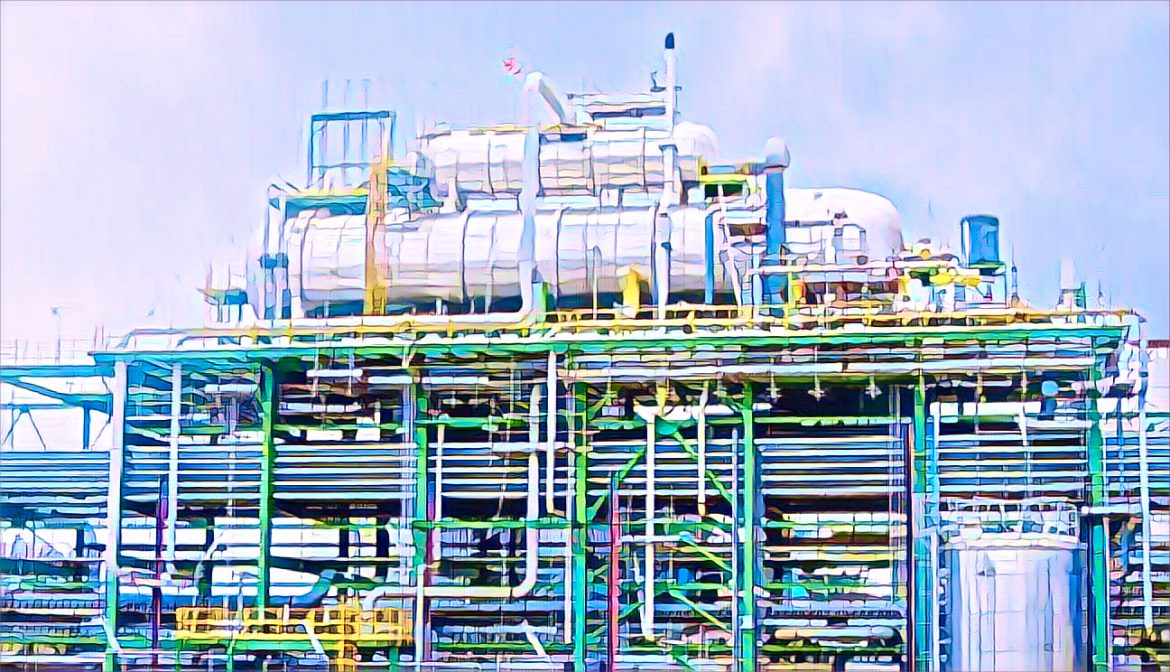The federal government of Nigeria is on the verge of commissioning and granting a full operating license to the Dangote Refinery, a major step forward in the country’s refining industry. This announcement was made by Farouk Ahmed, the Chief Executive of the Nigerian Midstream and Downstream Petroleum Regulatory Authority (NMDPRA), during the ‘Stakeholders’ Consultation Forum on Midstream and Petroleum Host Community Development Trust Regulations’ held in Abuja.
Represented by Ogbugo Ukoha, the Executive Director of Distribution Systems, Storage, and Retailing Infrastructure at NMDPRA, Ahmed highlighted the progress in the licensing of various petroleum facilities across the country. He noted, “We have issued three refineries with valid licenses. We awarded to Dangote Refinery even in their pre-commissioning, and sooner than later they will have full commission and a valid license to also operate.” This development is significant as Dangote Refinery, once fully operational, is expected to have a transformative impact on Nigeria’s oil and gas sector, reducing reliance on imported refined oil products and fostering economic growth.
The forum clarified the regulatory environment in general as well. Ahmed claims that there are already 1,199 gas processing facilities in the downstream sector with valid licenses, compared to just approximately 15 in the midstream sector. There are also 130 licensed depots and 69 licensed coastal vessels in the nation. Nigeria had 9,464 licensed retail outlets as of the morning of the forum. In order to guarantee adherence to safety and operating standards in Nigeria’s intricate oil and gas infrastructure, these facilities must be licensed.
The head of the House Committee on Host Community, Dumnamene Dekor, stressed the necessity of strictly enforcing laws that impact host communities during the event and issued a warning to anyone who disobeyed the rules. Dekor emphasized how important a sense of ownership and inclusion among those living in and around host communities, stating, “There is the essential need to repeal and strengthen the trust between the companies and the community and between the community and the government.”
Additionally, the Petroleum Industry Act (PIA) 2021’s possible advantages for host towns were discussed by Benjamin Tamaranel, the National President of Nigeria’s host communities. He voiced hope that the PIA’s involvement of host communities will be a useful instrument in combating instability in the nation’s oil-producing areas. Tamaranel emphasized that host communities felt ignored for more than 60 years until PIA 2021 arrived and acknowledged their contributions and rights.
“We are glad that this is happening today because we have battled for this inclusion, the social inclusion of host communities,” Tamaranel stated in her conclusion. Sustainability and shared prosperity will result from this. Additionally, this will significantly reduce the problem of pipeline vandalism because they have been considered and there is something coming to the community.


